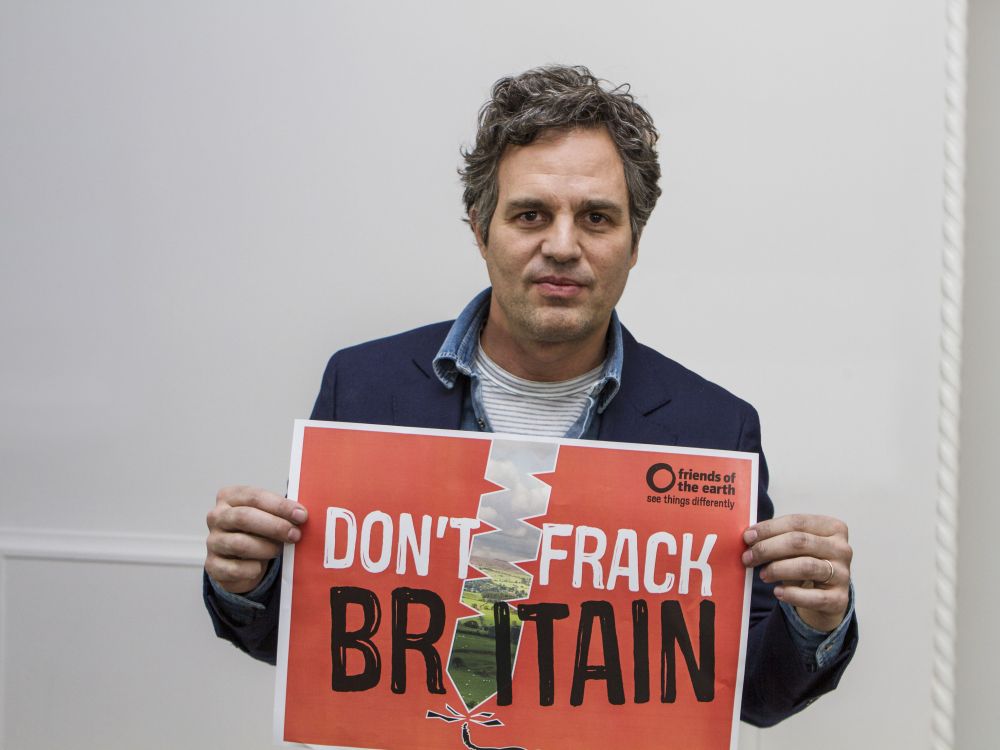
How has the anti-fracking movement held back this industry?
Companies want to use fracking to extract dirty energy trapped in hard-to-reach pockets underground.
Fracking poses a risk to groundwater, the climate and the local environment.
Read on to find out more about the successful movement against fracking: a joint effort of local people, campaign groups, celebrities and – a gang of grandmothers.

Who wants to frack?


Who opposes fracking?


Are they all seasoned activists?


In their own words


Why don't people like fracking?


Why hasn't fracking happened?

